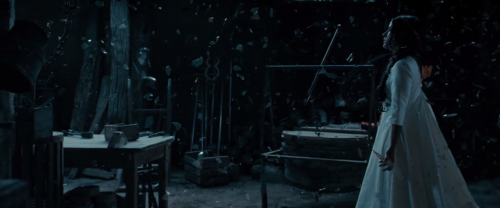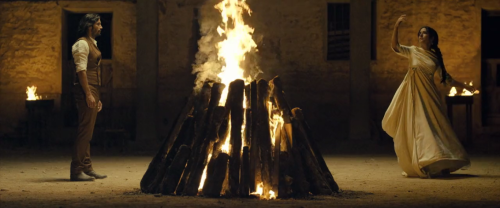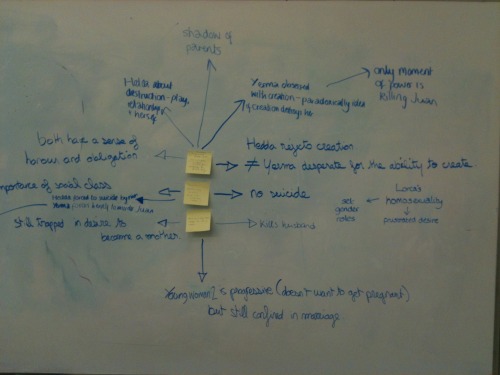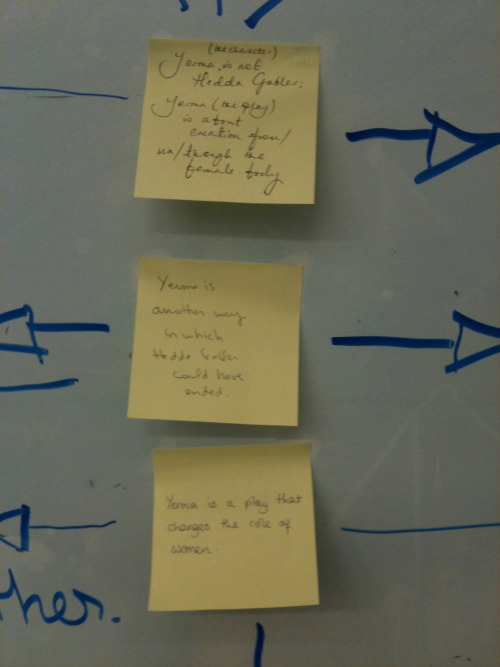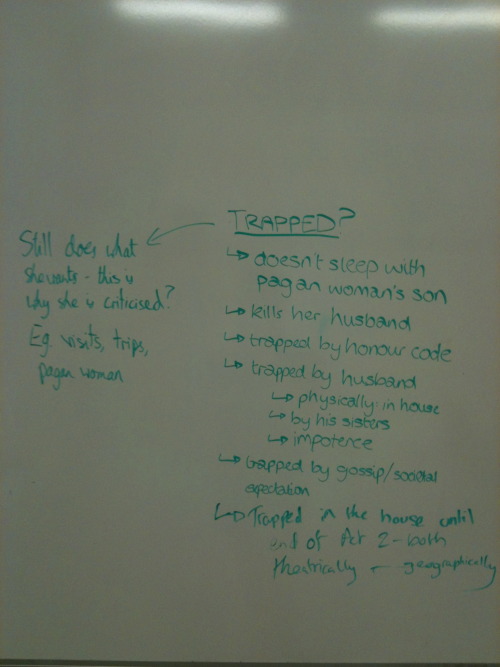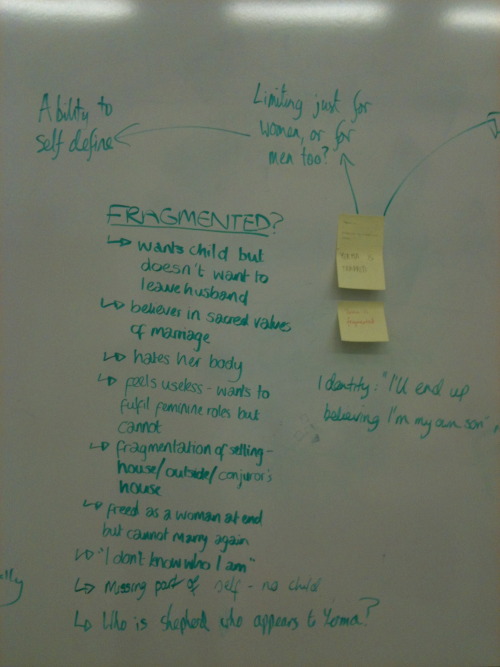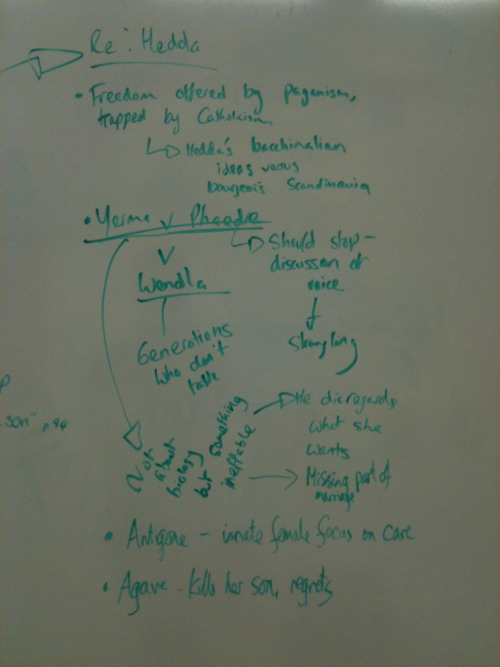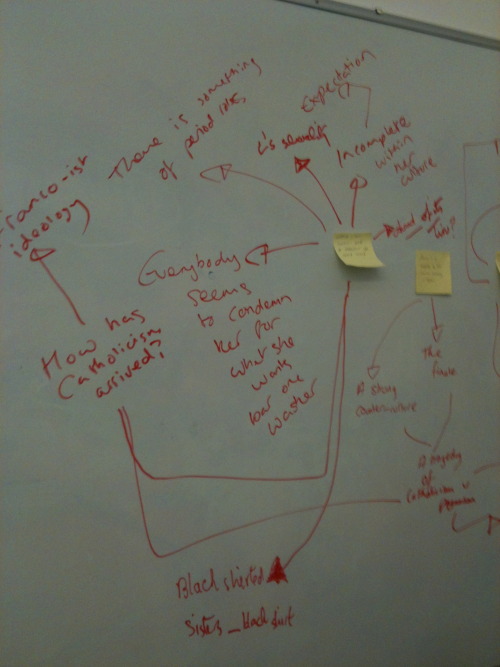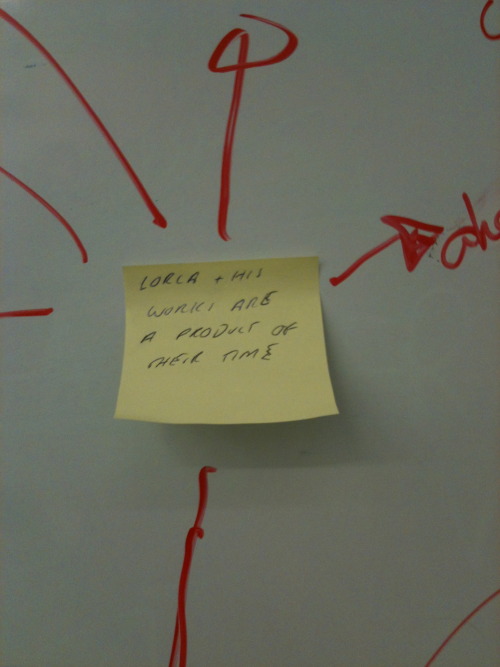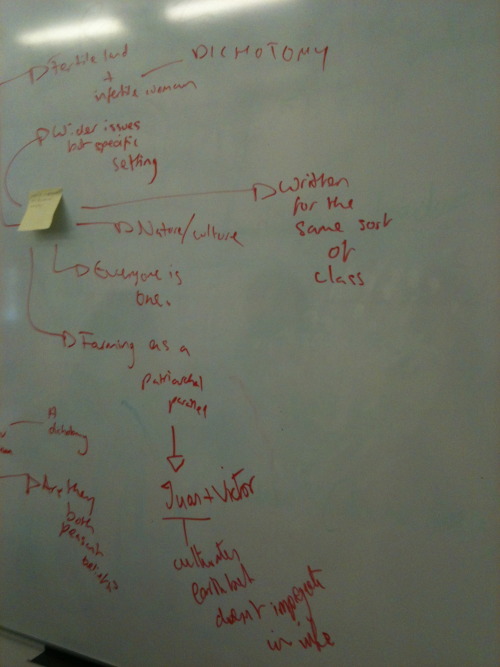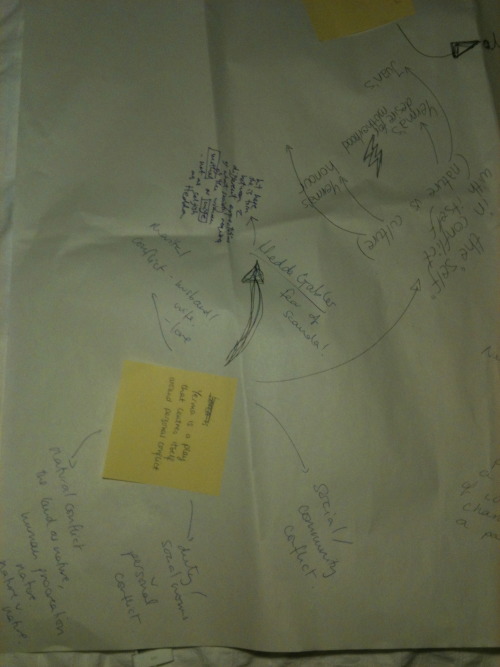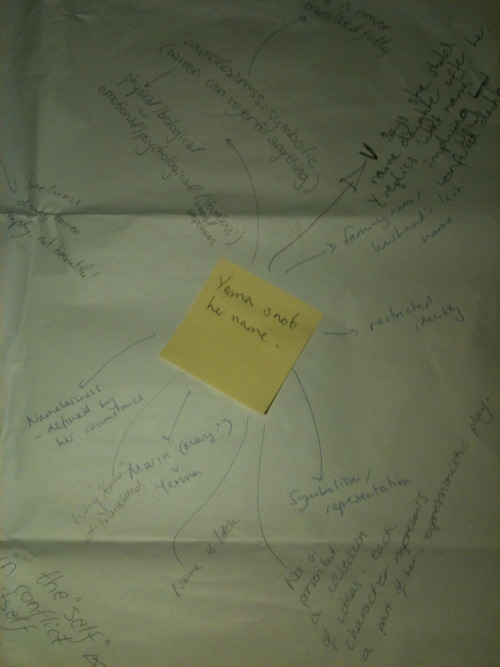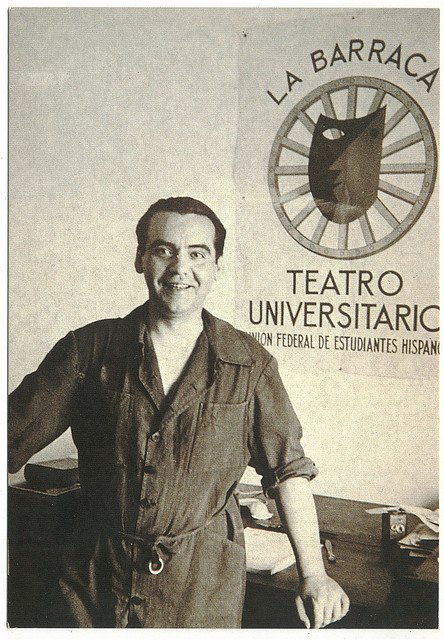#federico garcía lorca

Hay almas a las que uno tiene ganas de asomarse, como a una ventana llena de sol.
Federico García Lorca (Poeta Andaluz)

Callar y quemarse es el castigo más grande que nos podemos echar encima.
Federico García Lorca (Poeta Andaluz)

Federico García Lorca, from Blood Wedding
Text ID: a burnt woman, full of wounds inside and out,

Federico García Lorca, from Blood Wedding
Text ID: There’s fire burning in my head. / There’s an ocean drowning my heart.

Federico García Lorca, from Blood Wedding
Text ID: a girl caressed by fire

Federico García Lorca, from Blood Wedding
Text ID: Do you know the worst thing? The worst thing we can do to ourselves? It’s to keep silent. To keep silent and burn.

Federico García Lorca, from Blood Wedding
Text ID: the moon shines like a lover
On This Day in 1898 • 5 January • Federico García Lorca
On This Day in 1898 • 5 January • Federico García Lorca
5th January
ON THIS DAY
Federico García Lorca with his sister Isabel in Granada in 1914
On this day in 1898 the Spanish playwright Federico García Lorca whose works included The House of Bernarda Alba, Blood Wedding and Yerma was born just outside Granada.
In 1936 he was arrested and killed. Confirmation that the assasination was ordered by the military forces came in 2015 with an article in The…

“To Find a Kiss of Yours” by Federico García Lorca, who was born today in 1898 (translation by Sarah Arvio).
Post link
bir şişenin içinde hapisti; çocuklar ona “cadı cadı, bir isteğin var mı?“ diye sorduklarında, onlara “ölmek istiyorum,“ diye cevap vermişti.
alberto manguel - ulises'in dönüşü
La Novia(2015)
Directed by Paula Ortiz
Cinematography by Migue Amoedo
#La Novia#The Bride#Blood Wedding#Paula Ortiz#Migue Amoedo#Federico García Lorca#Inma Cuesta#Álex García#Luisa Gavasa#Carlos Álvarez-Nóvoa#CEC Award Best Supporting Actress
Post link
“To burn with desire and keep quiet about it is the greatest punishment we can bring on ourselves. What good was pride to me—and not seeing you, and letting you lie awake night after night? No good! It only served to bring the fire down on me! You think that time heals and walls hide things, but it isn’t true, it isn’t true! When things get that deep inside you there isn’t anybody can change them.”
Federico Garcia Lorca, Blood Wedding (Act 2, Scene 1)
Images from a famous 1972 Spanish production of Yerma, directed by Victor García, which toured to New York. The staging of this production impressed critics. Víctor García moved away from site-specific rural Spain and set the play in an unrealistic setting, as Clive Barnes explains:
There is nothing realistic about this Yerma. It is acted on a trampoline – a fantastic setting. It gives every movement a sort of ritual tread, but even more, the setting can move up to provide a cave, machines can gently tug it into the simulacrum of a woman’s breast, or at another time it can be lifted high to form a wall against which Dantesque figures grope and struggle. (Barnes 1972)
Barnes, Clive. 1972. ‘From Madrid, Lorca’s Yerma’, The New York Times, 19 October
Post link
The only surviving footage (silent) of Federico García Lorca and his student theater group La Barraca on a tour through Spain. Federico appears twice in this film– once surrounded by the student actors, and a second time playing the Shadow (or Death) in a 1932 production of Life is a Dream, by Calderón. The film was made by Gonzalo Menendez Pidal.
In the new Spain of 1931, Lorca (aged 33) was appointed the director of a university travelling theatre that would perform classical works (Cervantes, Lope de Vega, Calderón de la Barca) in the villages and market squares of rural Spain. La Barraca (barn/shack) wore blue boilersuits as their ‘uniform’.
Ian Gibson writes:
“Since the purpose of the Barraca was to educate while entertaining… it was not suprising that Lorca’s instinct drew him first to Cervantes’s Entremeses, short plays or interludes.
As for the poet’s decision to include in the repertoire Calderón de la Barca’s miracle play Life is a Dream, this gave rise to severe misgivings both from the Right and the Left - the former wondering how a 'Marxist’ group could dare to put on a 'sacred’ play, and the latter asking what a Republican company with a government subsidy was doing producing a 'Catholic’ work…
Lorca [explained before performances] that as he saw it, Cervantes and Calderón represent the two sides to the Spanish temperament: the earthy, human side is the terrain of the author of Don Quixote, the spiritual that of Calderón. Between these two 'antagonistic poles’, Federico claimed, the Spanish theatre always oscillates, and Life is a Dream should not be seen simply as a dramatisation of Catholic dogma.”
Ian Gibson, Federico García Lorca, Faber & Faber, 1989
Post link
in the end you’ll reach the sea and the waves will swallow you.
Federico García Lorca, Centres of Cataclysm: Celebrating Fifty Years of Modern Poetry in Translation; from ‘Romance de la Pena Negra’, tr. Julith Jedamus






